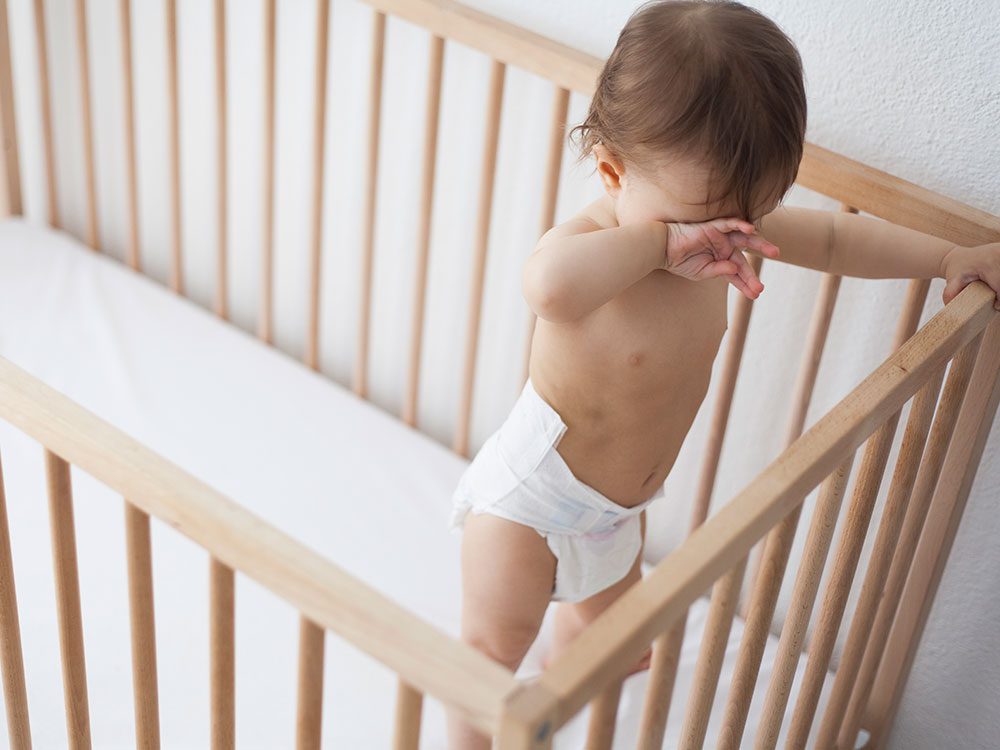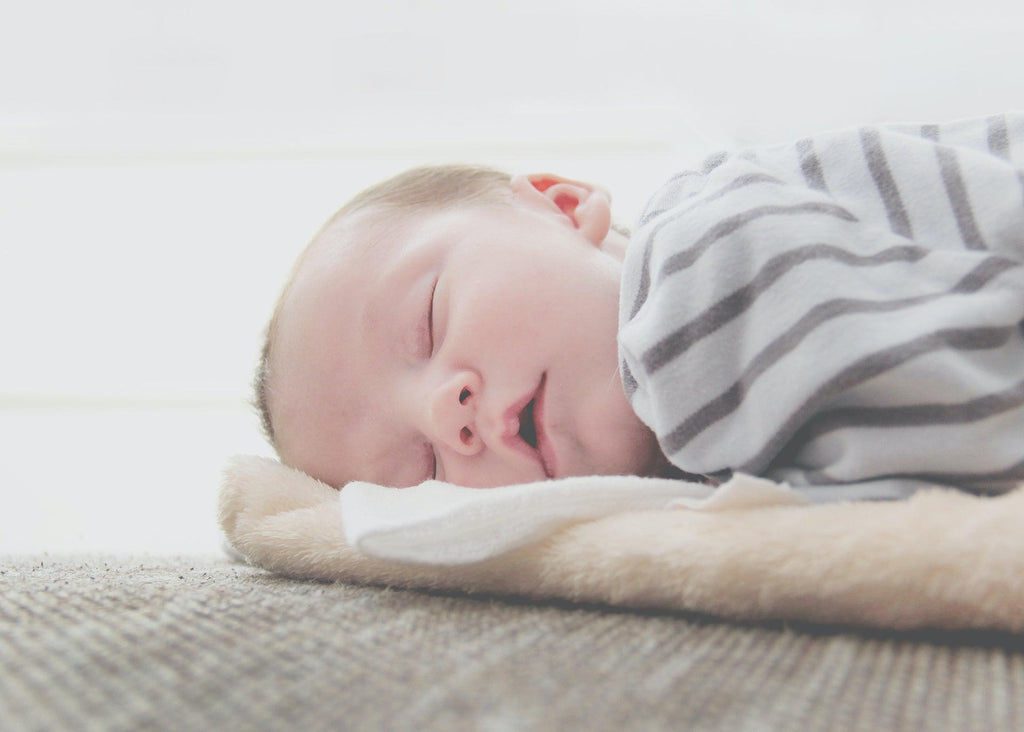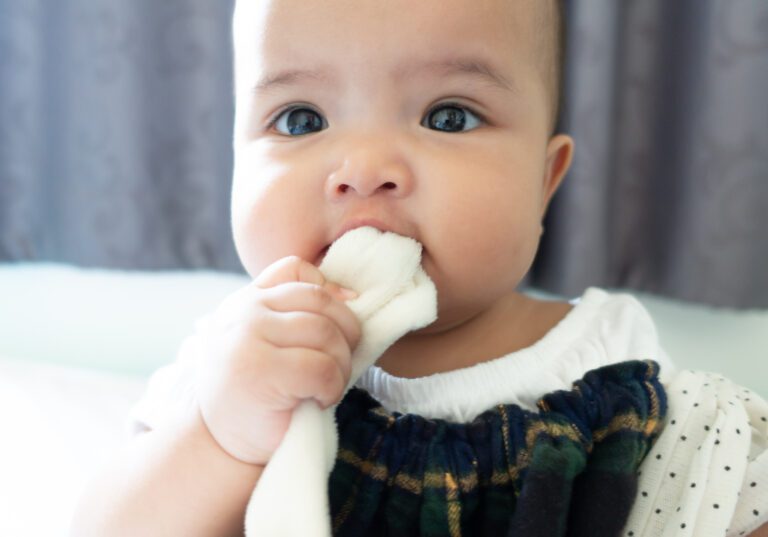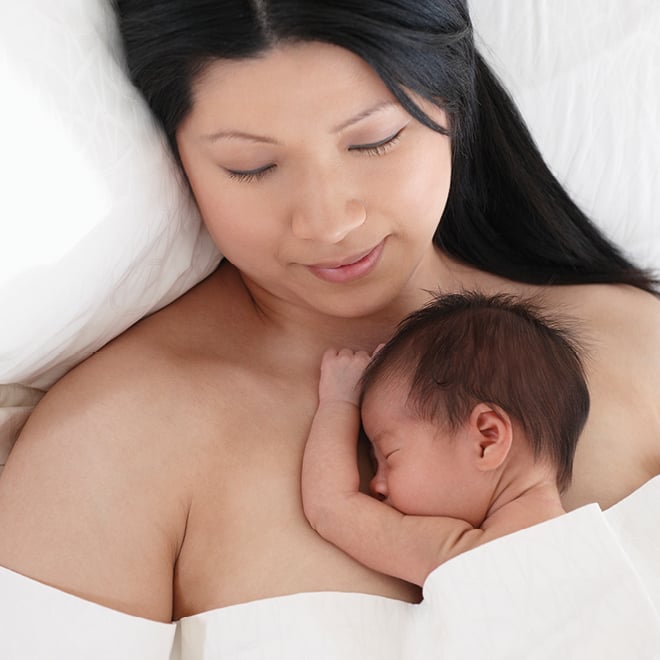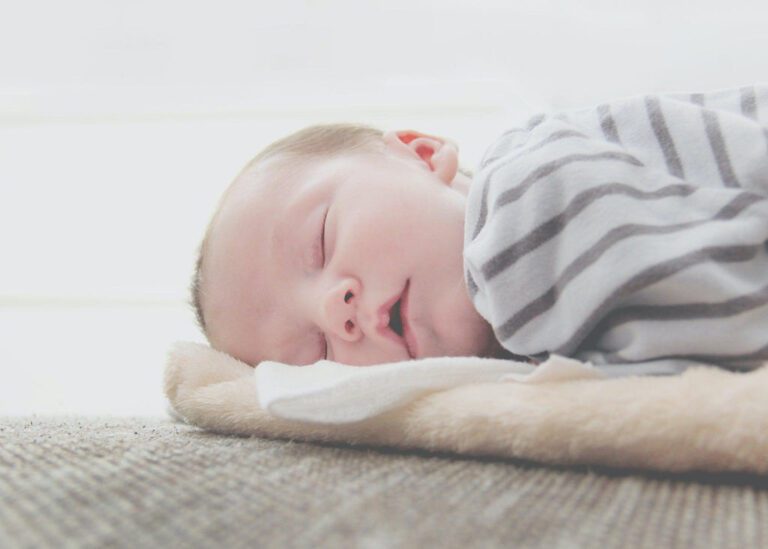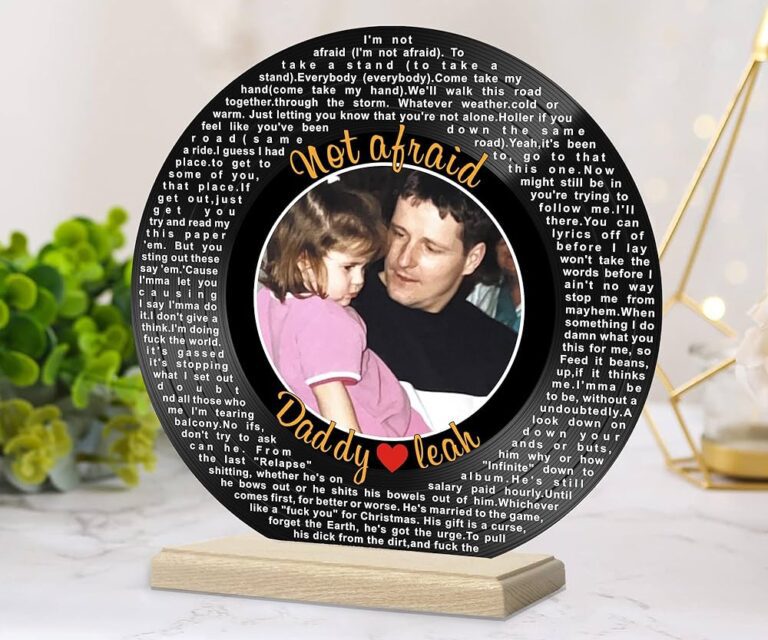Stop Baby Banging Head on Cot: Ultimate Solutions!
To stop a baby from banging their head on the cot, try alternating the orientation of their head in the crib each day and make sure they are always looking outwards into the room. Avoid using cot bumpers, as they can be a choking and suffocation hazard.
You may also want to try baby massage or using a baby sleeping bag to help regulate their sleep patterns and keep them calm at night.
Understanding The Reasons For Baby Head Banging
Baby head banging can be a concerning behavior for parents, but it is important to understand that it is often a normal part of a child’s development. While it can be alarming to witness your baby banging their head on the cot, it is essential to remember that most children outgrow this behavior on their own.
Common Causes Of Baby Head Banging
There can be several reasons why babies engage in head banging, and it’s vital to consider each one before jumping to conclusions. By understanding the underlying causes, you can find appropriate ways to address and prevent this behavior in your little one. Here are some common causes of baby head banging:
Teething And Ear Infections
One of the primary reasons why babies may start banging their heads on the cot is teething and ear infections. The discomfort and pain associated with teething can make babies seek out ways to alleviate their discomfort. Head banging can be a self-soothing technique for babies, as the rhythmic movements provide temporary relief.
To address this, make sure to provide your baby with safe teething toys and cold, soothing objects to chew on. Additionally, seek medical attention if you suspect your baby has an ear infection to address any underlying issues.
Frustration And Anger
Another common reason for baby head banging is frustration and anger. Babies might resort to head banging as a form of expressing their emotions during temper tantrums. This behavior can be their way of coping with feelings of anger or frustration when they are unable to communicate effectively.
As a parent, it is important to create a calm and soothing environment for your baby, as it can help prevent or reduce tantrums. Additionally, teaching them alternative ways to express their emotions, such as through gentle gestures or words, can be beneficial in minimizing head banging episodes.
By understanding the reasons behind your baby’s head banging behavior, you can address the underlying causes and help them find healthier ways to cope. Remember, it is always important to consult with your pediatrician if you have concerns about your baby’s behavior or development.
Creating A Safe And Soothing Sleep Environment
When it comes to ensuring your baby’s safety and promoting peaceful sleep, creating a safe and soothing sleep environment is crucial. By implementing certain strategies, you can help prevent your baby from banging their head on the cot, ensuring their well-being throughout the night. In this section, we will discuss three important factors to consider: positioning the baby’s head in the crib, alternating the baby’s orientation in the crib, and ensuring the baby is always looking out into the room.
Positioning The Baby’s Head In The Crib
Proper positioning of your baby’s head in the crib is essential to prevent head banging. By following these steps, you can help ensure that your little one sleeps comfortably and safely:
- Place your baby with their head at the head of the crib, ensuring that their head is positioned squarely on the mattress.
- Make sure to avoid using pillows or thick blankets that can cause your baby’s head to tilt unnaturally.
- Ensure that the crib mattress is firm and offers proper support.
Alternating The Baby’s Orientation In The Crib
Alternating your baby’s orientation in the crib can help reduce the likelihood of head banging. By following this simple technique, you can create a safer sleep environment for your little one:
- One day, place your baby with their head at the head of the crib.
- The next day, place your baby with their head at the foot of the crib.
- Each day, alternate your baby’s orientation in the crib.
Ensuring The Baby Is Always Looking Out Into The Room
Another important aspect of preventing head banging is to ensure that your baby is always looking out into the room. By following these guidelines, you can help minimize your baby’s desire to bang their head on the cot:
- Position the crib in a way that allows your baby to have a clear view of the room.
- Avoid positioning the crib against a wall or in a corner.
- Remove any distractions or overly stimulating objects from the immediate vicinity of the crib.
By implementing these strategies, you can create a safe and soothing sleep environment for your baby, reducing the chances of head banging and promoting a peaceful night’s sleep. Remember, always prioritize your baby’s safety and comfort when organizing their sleep space.
Strategies To Prevent Baby Thrashing In Sleep
To prevent your baby from banging their head on the cot, try alternating their orientation in the crib each day to keep them looking out into the room. Avoid using cot bumpers as they can pose a safety hazard. Consider using baby massage or a sleeping bag to help regulate their sleep patterns and keep them calm during the night.
Is your baby constantly banging their head on the cot while they sleep? This behavior can be concerning for parents, but rest assured, there are strategies you can implement to prevent your baby from thrashing around during their slumber. By following these simple techniques, you can help your baby sleep more peacefully while keeping them safe in their sleep environment.
Implementing Baby Massage For Sleep Regulation
One effective strategy to prevent baby thrashing in sleep is to incorporate baby massage into their bedtime routine. Baby massage can help regulate their sleep patterns and create a sense of calmness before bed. By gently massaging your baby’s limbs and torso using baby-safe oil, you can relax their muscles, reducing the likelihood of excessive movement during sleep. This soothing practice not only promotes better sleep but also strengthens the bond between parent and child. Remember to use slow and gentle strokes, applying just enough pressure to be comfortable for your baby.
Using A Baby Sleeping Bag To Keep Legs From Flailing
Another helpful technique to prevent baby thrashing in sleep is to use a baby sleeping bag. These specially designed sleeping bags provide a snug fit that limits the movement of your baby’s legs. By keeping their legs contained, the chances of excessive flailing and banging against the cot are significantly reduced. Additionally, a baby sleeping bag offers the added benefit of keeping your baby warm and cozy throughout the night, promoting better sleep in a comfortable environment.
Establishing A Bedtime Routine
An essential aspect of preventing baby thrashing in sleep is the establishment of a consistent bedtime routine. By following a regular schedule, your baby will develop a sense of predictability and comfort, which can reduce restlessness and excessive movement during sleep. Start by creating a calm and soothing atmosphere by dimming the lights, playing soft lullabies, and engaging in quiet activities such as reading or gentle playtime. Consistency is key, so aim to implement the same routine every night before putting your baby to bed. This familiarity will signal to your baby that it’s time to sleep, effectively reducing the likelihood of thrashing and head-banging in the cot.
In conclusion, implementing strategies such as baby massage, using a baby sleeping bag, and establishing a bedtime routine can significantly reduce and prevent baby thrashing in sleep. By creating a peaceful and safe sleep environment for your baby, you can ensure they have a restful and undisturbed night’s sleep. Remember to always prioritize the safety of your baby by using appropriate sleepwear and removing any potential hazards from their cot. With patience and consistency, you can help your baby sleep soundly and peacefully throughout the night.

Credit: www.pinterest.com
Techniques To Handle Body-rocking And Head-rolling At Bedtime
Baby body-rocking and head-rolling at bedtime can be a cause for concern for many parents. These behaviors may seem alarming, but they are relatively common and usually not a health concern for infants and young children. In this section, we will explore some techniques that can help you handle body-rocking and head-rolling at bedtime effectively.
Providing Comfort And Reassurance
One of the first steps in managing body-rocking and head-rolling is to provide comfort and reassurance to your baby. Establishing a bedtime routine can be incredibly helpful in this regard. A consistent routine can help your baby feel safe and secure, reducing their anxiety and helping them fall asleep more easily.
Here are a few tips to ensure your baby feels comforted and reassured at bedtime:
- Create a calm and soothing environment by dimming lights, minimizing noise, and using soft, relaxing colors in the nursery.
- Hold your baby close and offer gentle strokes or baby massage to promote relaxation.
- Try using a baby sleeping bag to keep your baby’s legs from flailing around, which can help reduce the urge to body-rock or head-roll.
Creating A Calm And Soothing Environment
The environment your baby is in plays a significant role in their overall sleep quality. Creating a calm and soothing environment can help reduce body-rocking and head-rolling tendencies.
Consider the following tips to create a calm and soothing environment:
- Use white noise or soft music to mask any external noises that may be disturbing your baby’s sleep.
- Ensure the room temperature is comfortable and appropriate for your baby’s age.
- Remove any potential distractions or stimulating objects from the crib, such as toys or mobiles.
By creating a peaceful sleep environment, you can help your baby relax and promote better sleep patterns.
Seeking Help And Support For Baby’s Sleep Issues
When it comes to sleep issues with your baby, seeking help and support is crucial. Understanding the underlying causes of your baby banging their head on the cot is important for finding the right solutions and ensuring your baby’s safety and well-being. Fortunately, there are several avenues you can explore to seek help and support, including consulting with a pediatrician, joining online parenting communities, and exploring resources such as books or articles.
Consulting With A Pediatrician
If you’re concerned about your baby’s head-banging behavior and its impact on their sleep, consulting with a pediatrician is a wise step. A pediatrician can provide valuable insights into the possible causes of this behavior and offer guidance on how to address it. They can assess your baby’s overall health and development, rule out any underlying medical conditions, and provide recommendations specific to your baby’s needs. Having a professional opinion can give you peace of mind and confidence in managing your baby’s sleep issues.
Joining Online Parenting Communities For Advice And Support
Online parenting communities can be a great source of advice and support when it comes to dealing with sleep issues and baby behaviors such as head-banging on the cot. These communities consist of parents who have gone through similar experiences and can offer practical insights and tips. Joining these communities allows you to connect with other parents, share your concerns, and seek guidance. You can ask questions, discuss strategies, and receive valuable support from a community that understands the challenges of parenting. Participating in these communities can provide you with a sense of belonging and reassurance that you’re not alone in facing sleep-related challenges.
Exploring Resources Such As Books Or Articles For Additional Information
When seeking support for your baby’s sleep issues, exploring resources such as books or articles can provide you with additional information and strategies. There are numerous publications available that focus on baby sleep problems and offer practical advice for parents. These resources can provide insights into the reasons behind head-banging behavior, techniques for promoting better sleep, and tips for creating a safe and comfortable sleep environment for your baby. By immersing yourself in relevant literature, you can equip yourself with knowledge and techniques that can help you effectively address your baby’s sleep issues.
Remember, seeking help and support for your baby’s sleep issues is essential for their well-being and your peace of mind. By consulting with a pediatrician, joining online parenting communities, and exploring resources, you can gather valuable insights, connect with others facing similar challenges, and develop effective strategies to stop baby banging head on cot and ensure a peaceful night’s sleep for both you and your little one.
Frequently Asked Questions On How To Stop Baby Banging Head On Cot
Why Does My 1 Year Old Keep Hitting His Head On Cot?
Babies may bang their heads on the cot due to different reasons. It can be a way to seek relief during teething or ear infections, express frustration or anger, or soothe themselves in a busy environment. To prevent head banging, try providing a calm and quiet sleep environment, using baby massage to relax them, or using a baby sleeping bag to limit movement.
Avoid using cot bumpers for safety reasons.
How Do I Keep My Baby’s Head Straight While Sleeping?
To keep your baby’s head straight while sleeping, alternate their orientation in the crib each day. For example, one day place their head at the head of the crib, and the next day place it at the foot. Make sure your baby is always looking out into the room.
Avoid using cot bumpers in the crib as they can be hazardous. Consider using a baby sleeping bag to keep their legs from flailing around.
Are Cot Bumpers Safe?
Cot bumpers are not safe for your baby’s cot. They can pose a choking, suffocation, and strangulation hazard. It is better to avoid using them to reduce the risk of sudden infant death syndrome (SIDS).
How Do I Stop My Baby From Thrashing In His Sleep?
To stop your baby from thrashing in their sleep, try baby massage to regulate their sleep patterns and keep them calm. You can also use a baby sleeping bag to prevent their legs from flailing about.
Conclusion
In order to stop your baby from banging their head on the cot, it’s important to create a soothing and calm environment for them. Alternating your baby’s orientation in the crib can help keep their attention towards the room, reducing frustration and anger.
Additionally, using a baby sleeping bag can keep their legs from flailing about during sleep. Remember, it’s important to avoid using cot bumpers as they can be hazardous. By following these tips, you can prevent your baby from banging their head on the cot and ensure a peaceful sleep for both of you.
